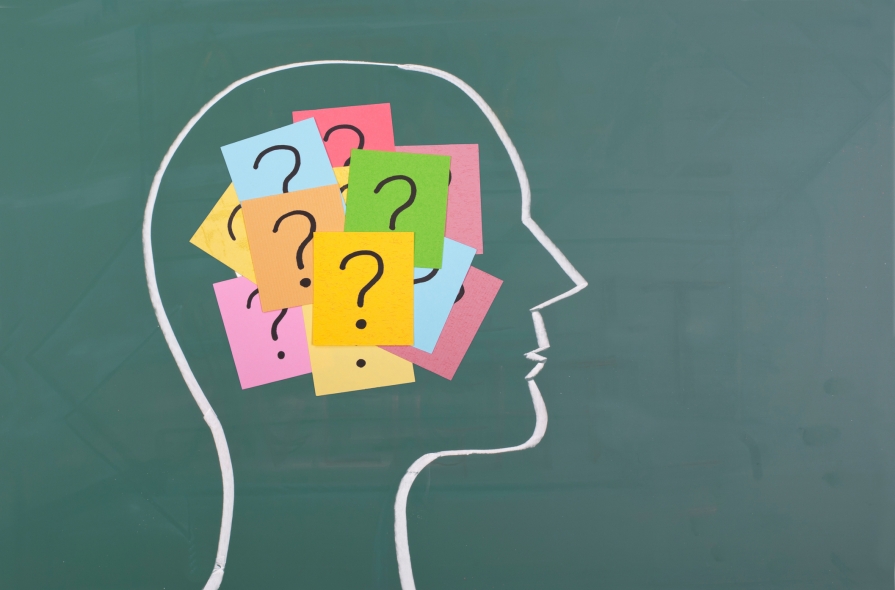How Does Sleep Affect Memory

As you age, there are normal gaps in your memory that cause you to become a little fuzzy on certain issues. It’s just part of getting older. But if you’ve noticed a change in the way you’re processing and remembering information, and it’s interfering with your daily life, there may be something else going on. That something else could be that you’re just not getting enough sleep and it’s starting to impact your memory. In this article, we’ll analyze the connection between sleep and memory and explore a few common scenarios that link changes in memory with changes in sleep quality.
Sleep and Your Memory
The link between deep sleep and memory has been established for more than a century, with the consensus being the quality and quantity of sleep affects your memory, no matter how old you are. That said, the exact relationship between deep sleep (also known as slow wave sleep) and memory is still being investigated. Despite the unknowns, the general knowledge among scientists is that sleep enhances your brain’s ability to remember information and, therefore, to learn. Conversely, a lack of sleep negatively impacts your ability to secure memories and can interfere with learning. Sleep—and different sleep stages in particular—appear to allow the brain to reprocess newly acquired information into your memory. During this process, memories made during the day are said to be “consolidated,” or crystallized into long-term, stable memories.
Motor Memories
If you’ve ever wondered “Why is sleep important?” one good answer is “motor memories.”
Motor memory, also known as procedural memory, refers to the ability to learn physical skills like riding a bike, throwing a baseball, mastering a video game or playing an instrument. Sharp motor memory can help people who are training for a sport or learning new musical pieces on the piano. When you get the right amount of sleep, your skill-based memories become sharper. Motor memories can even benefit from an afternoon nap, which is often dominated by light sleep.
Recall
Sleep also improves your recall. Declarative memory refers to the ability to store and recall facts, such as all those dates, places, and events you had to memorize in history class. Research shows that memories of recently learned facts strengthen if sleep occurs between learning and testing. During deep sleep (slow wave sleep), declarative memory appears to be given a particular boost. If you’re a college student, an all-nighter is probably not your best strategy. Your ability to recall facts will be greater if you allow yourself a good night’s rest before an exam.
There’s no denying the connection between getting proper rest and allowing your memory to work at an optimal level. Shoot for 7 to 8 hours of sleep each night to extend deep sleep and keep your memory in tip-top order.
“About Sleep’s Role in Memory”. US National Library of Medicine, National Institutes of Health. www.ncbi.nlm.nih.gov/pmc/articles/PMC3768102/.
“Sleep-Dependent Motor Memory Consolidation in Older Adults Depends on Task Demands”. US National Library of Medicine, National Institutes of Health. www.ncbi.nlm.nih.gov/pmc/articles/PMC4353561/.
“Sleep after Learning Aids Memory Recall”. US National Library of Medicine, National Institutes of Health. www.ncbi.nlm.nih.gov/pubmed/16741280.
“Accuracy of Sleep Perceptions among Insomnia Sufferers and Normal Sleepers”. US National Library of Medicine, National Institutes of Health. www.ncbi.nlm.nih.gov/pubmed/14592301.